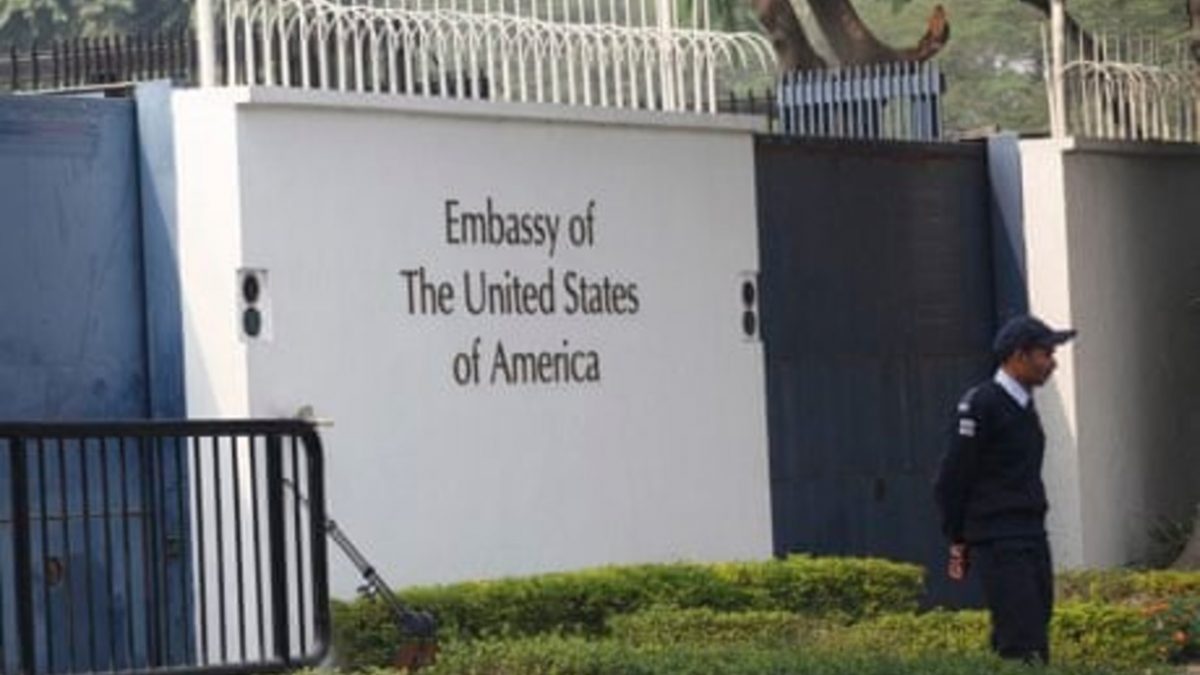

The U.S. Embassy has announced that student and exchange visitor visa applicants must make their social media accounts public as part of a stricter visa screening process. This new directive, effective immediately, impacts individuals applying for F, M, and J non-immigrant visas. The decision is rooted in national security concerns and aims to enhance the vetting procedures for those seeking to enter the United States for educational purposes.
The F visa is for students pursuing academic studies, the M visa caters to vocational or non-academic students, and the J visa is for exchange visitors participating in various programs. Now, applicants for these visas are required to adjust the privacy settings on all their social media profiles to "public" to facilitate identity verification and admissibility checks. The U.S. Department of Homeland Security has clarified that a U.S. visa is a privilege, not a right, emphasizing that officials will thoroughly examine the intentions of applicants.
This expanded screening is anticipated to affect numerous students, including many from India, planning to attend U.S. universities for the fall semester. Immigration attorneys are advising students to carefully review their online activity to ensure it aligns with their declared visa purpose. The U.S. State Department, in its announcement on June 19, explicitly linked the policy to national security concerns. The Department of State is committed to protecting the nation and its citizens by upholding the highest standards of national security and public safety through the visa process and uses all available information in visa screening and vetting to identify applicants who may be inadmissible, including those who pose a threat.
The U.S. Embassy in Dublin has further elaborated on the requirements, stating that applicants must divulge "all social media usernames or handles of every platform they have used from the last five years" on their visa application form. The embassy has reiterated that omitting social media information could lead to visa denial and ineligibility for future visas. They emphasize that every visa decision is a "national security decision," highlighting the importance of ensuring that those entering the U.S. do not intend to harm American interests.
These changes come as U.S. posts abroad, including those in India, are resuming the scheduling of appointments for F, M, and J visa applications. Applicants are encouraged to monitor embassy and consulate websites for the latest updates on appointment availability. The U.S. had briefly suspended student visa processing but has since restarted with these new, stricter rules in place. By making social media accounts public, applicants enable consular officers to thoroughly assess their online presence, ensuring that their activities and statements align with the purpose of their visit and do not pose any security risks.